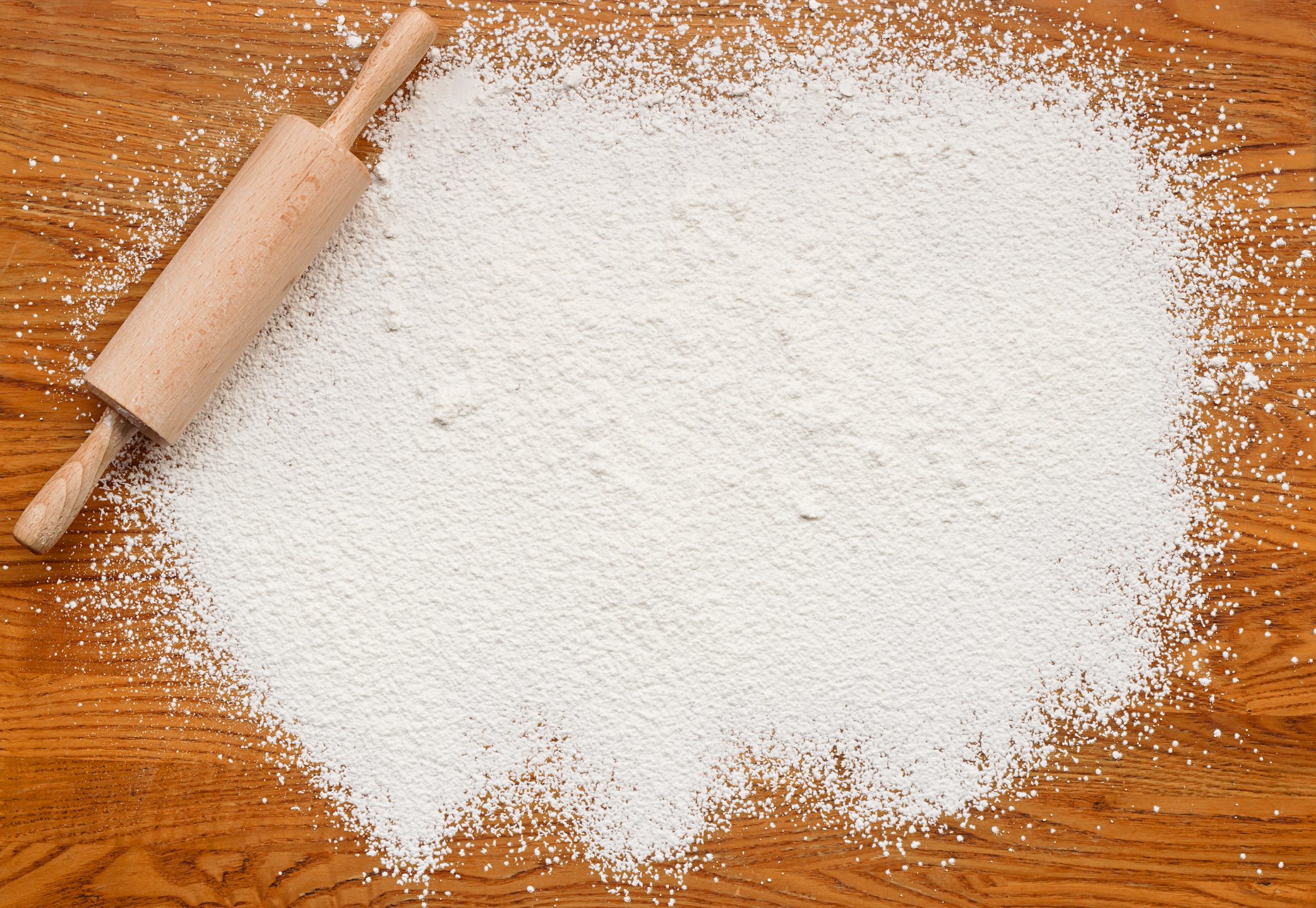Sparkling water: history, myths and the differences between mineral and carbonated
Is sparkling water good or bad? What is the difference between carbonated and mineral? We answer all the questions we ask ourselves about sparkling water every day.

One sip and go, that bubbling sensation on the tongue that refreshes us on hot summer days and quenches our thirst in long winters. But how does the water become sparkling? What makes our water so sparkling and tasty is carbon dioxide, a toxic substance that we produce every time we take a breath. This does not mean that by drinking sparkling water we poison ourselves; ingesting small amounts of CO2 with drinks does not harm our body in any way.
Actually in some springs carbon dioxide is naturally dissolved in water thanks to particular properties of the soil but generally the effect is artificially given through a chemical process, carbonation, the same process that makes Mexican tortillas edible.
The story of sparkling water
Today it is available everywhere but when was sparkling water invented? In reality, this term is a bit improper; we have said that these particular springs of effervescent water have always existed in nature, so it is not really an invention of man. However, the artificial process that allowed the diffusion of carbonated water as we know it today saw light at the end of the 1700s thanks to a chance discovery by an English scientist and its improvement in Switzerland.

As in all great stories, alcohol is also involved in this one. Not because these scientists are alcoholics, but because driven by intrepid private entrepreneurs they set out to look for a beverage that mimics fermented drinks, such as beer and wine. The main problem they have had to face is easy to understand; both hops and grapes develop carbon dioxide internally thanks to a natural fermentation process, but this does not happen with water. The first to have found a solution was the English chemist Joseph Priestley in 1767, by pure chance; the scientist would have forgotten the common plain water on a container of beer during the fermentation process. The gasses produced would dissolve in the water, creating the first artificial sparkling water in history.
The discovery really struck this chemist to the point of making him abandon his studies on electricity (at the time by far the most "sparkling" topic on the planet) to devote himself to carbonated water. His goal is to recreate this effect, so as to always have it available; his solution is sulfuric acid and gypsum instead of beer. We tell you immediately that this experiment has failed miserably; of course, the water becomes sparkling, but it is also mortally dangerous. For this reason Joseph Priestley returns to his business, however becoming one of the most important chemists in history.
However, his discovery has given way to a whole series of experiments around the world. The winner is a German scientist who, after having improved and perfected Priestley's studies, becomes the first man in history to patent a process capable of reproducing the sparkling effect in a bottle of natural water; in 1783 the first sparkling water factory in the world was born in Ginevra. Who was that scientist? Perhaps his surname might remind you of something: J.J. Schweppe, what did you expect?
Natural sparkling water

In Italy there is an incredible water market; over two billion euros, more than 150 companies, very high profits and about 200 liters of per capita consumption and a volume that exceeds 12 billion liters in total. Sales volumes have quadrupled in the last 30 years and most of this offer is attributable to the famous "mineral water" or also called "natural sparkling water". Actually it is spring water; according to the law, this type of product can be sold only if the water originates "from an underground aquifer or reservoir, comes from one or more natural or perforated springs and which have particular hygienic characteristics and, possibly, properties favorable to health". No chemical additives, just spring water.
We also want to reassure those who worry about possible residues; the Italian law is really stringent and many operations on water are not allowed. Among the most pressing rules is the absolute prohibition of potabilization, or the use of bactericides. The mineral water that arrives in the bottle must be treated as little as possible, it is truly natural.
The difference between mineral water and carbonated water

Unlike what you think, mineral water and carbonated water are by no means synonymous. The difference lies entirely in the carbon dioxide; in one it "manifests itself", in the other it is "inserted" artificially. In the first case, CO2 is present in the water right from the spring, in the other it is added in the bottling process thanks to the addition of sodium bicarbonate, sodium chlorite, potassium citrate, potassium sulfate or, more commonly, carbon dioxide.
Regardless of the two waters, what makes this drink sparkling is the presence of carbonic acid, a compound that has a PH between 2 and 3, unlike natural water which has a PH 7, i.e. neutral. For this reason, many think that sparkling water (artificial or natural) has more thirst-quenching effects and stimulates the taste buds, in reality it is the PH that makes it more refreshing.
Is sparkling water good or bad?
Drinking sparkling water every day for many years can cause a little bloating and damage to tooth enamel. These two cases are mainly attributable to "carbonated" waters, i.e. those waters in which carbon dioxide is added by industries, much less in mineral waters. In itself, sparkling water is not harmful to health but can cause discomfort to those suffering from gastric reflux. That's all.
The benefits obtainable with mineral water are the same as those obtained with natural water. Speaking of weight, we can also reassure those who do not drink it for fear of gaining weight; mineral water does not involve any kind of problem in this regard.
;Resize,width=767;)

;Resize,width=712;)
;Resize,width=712;)
